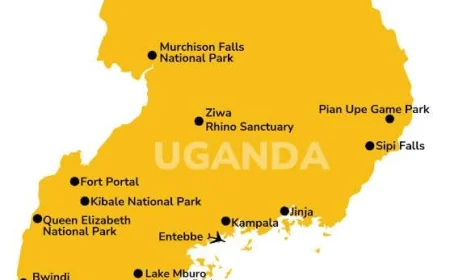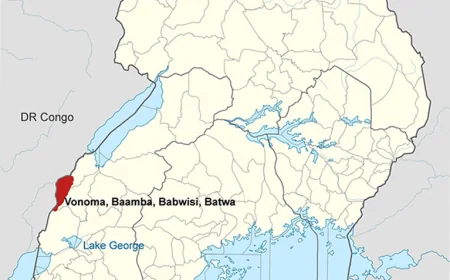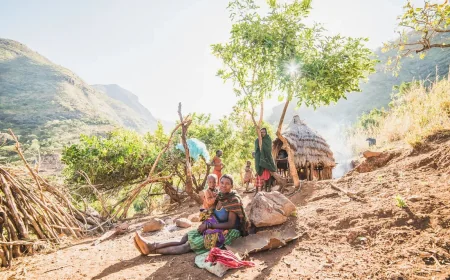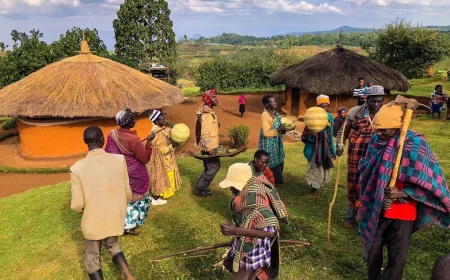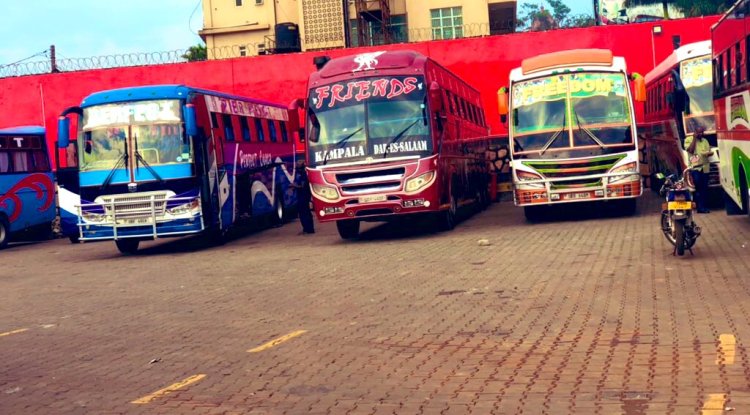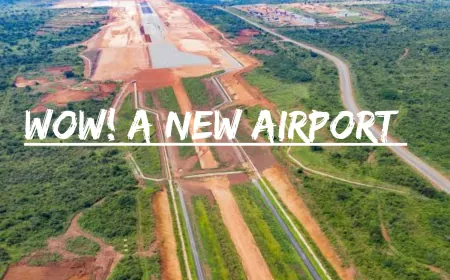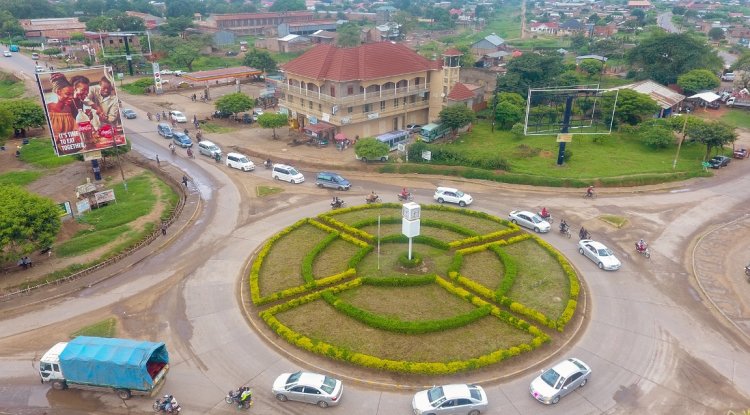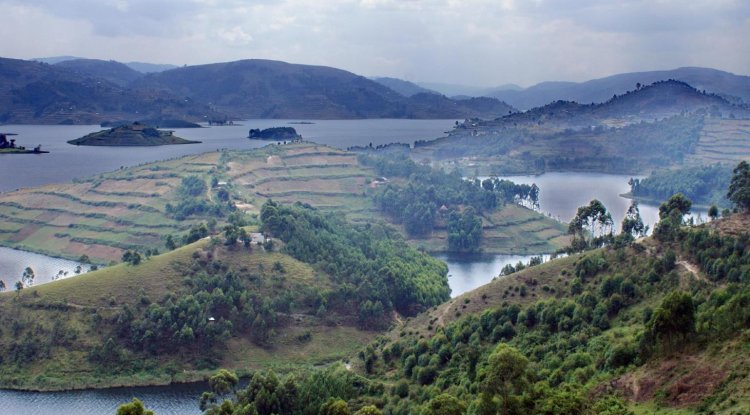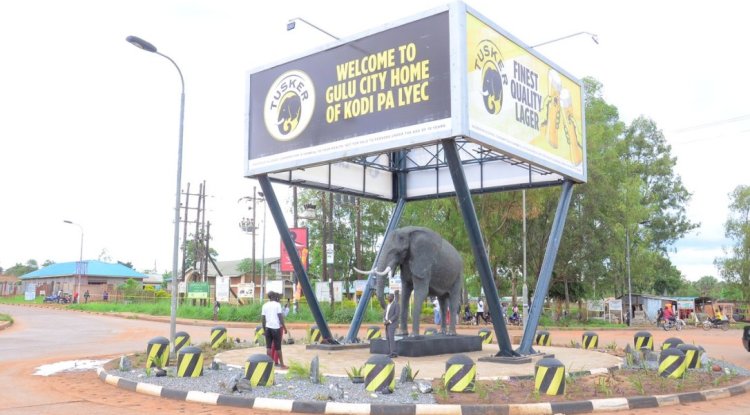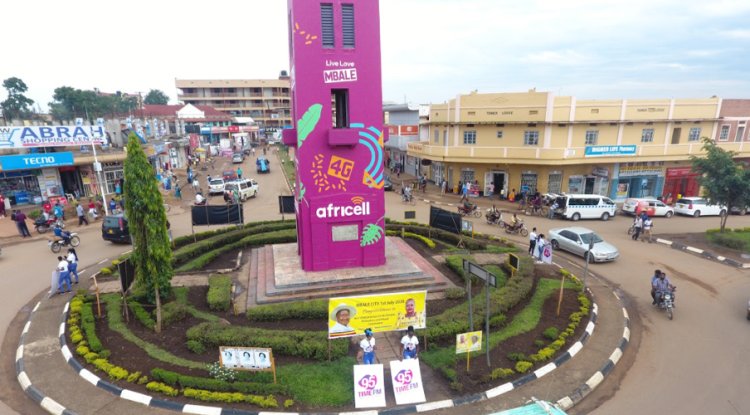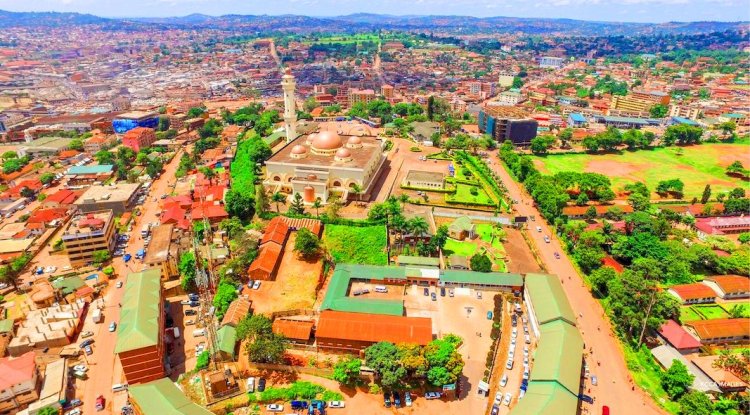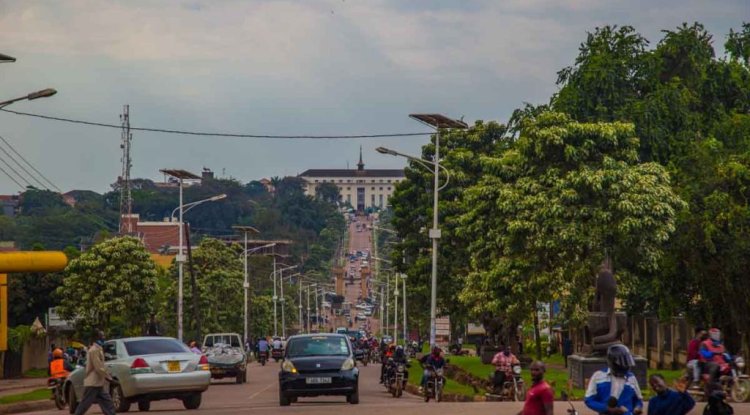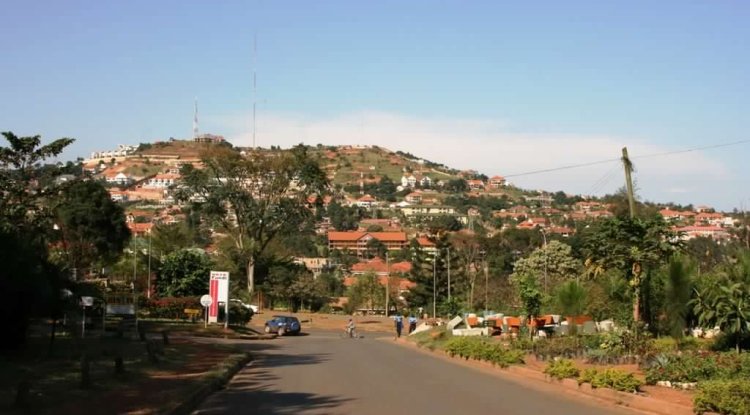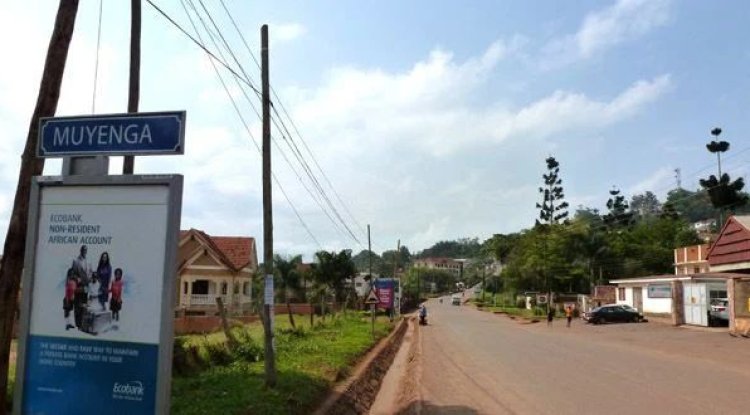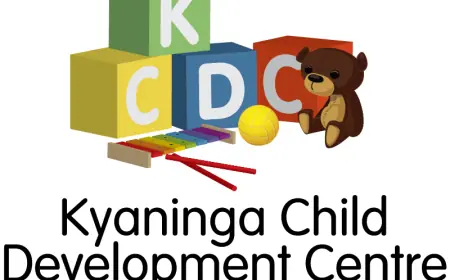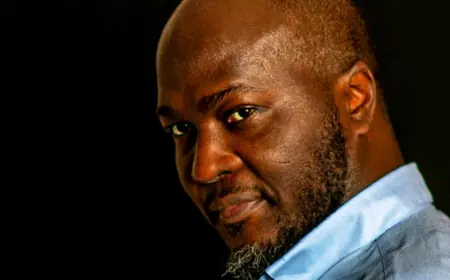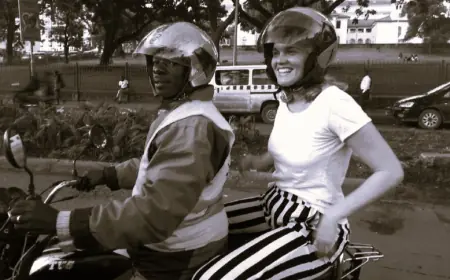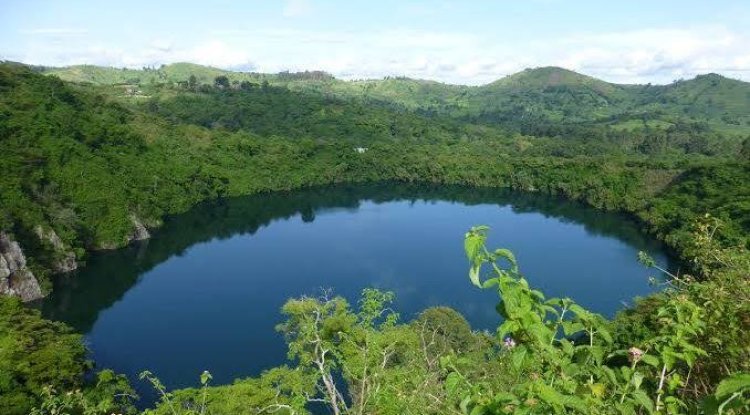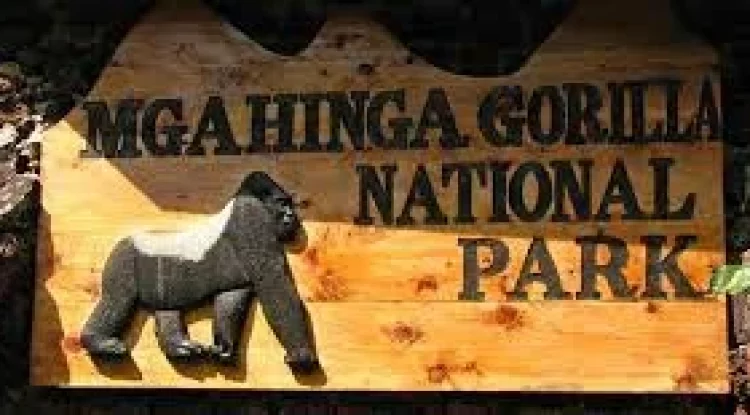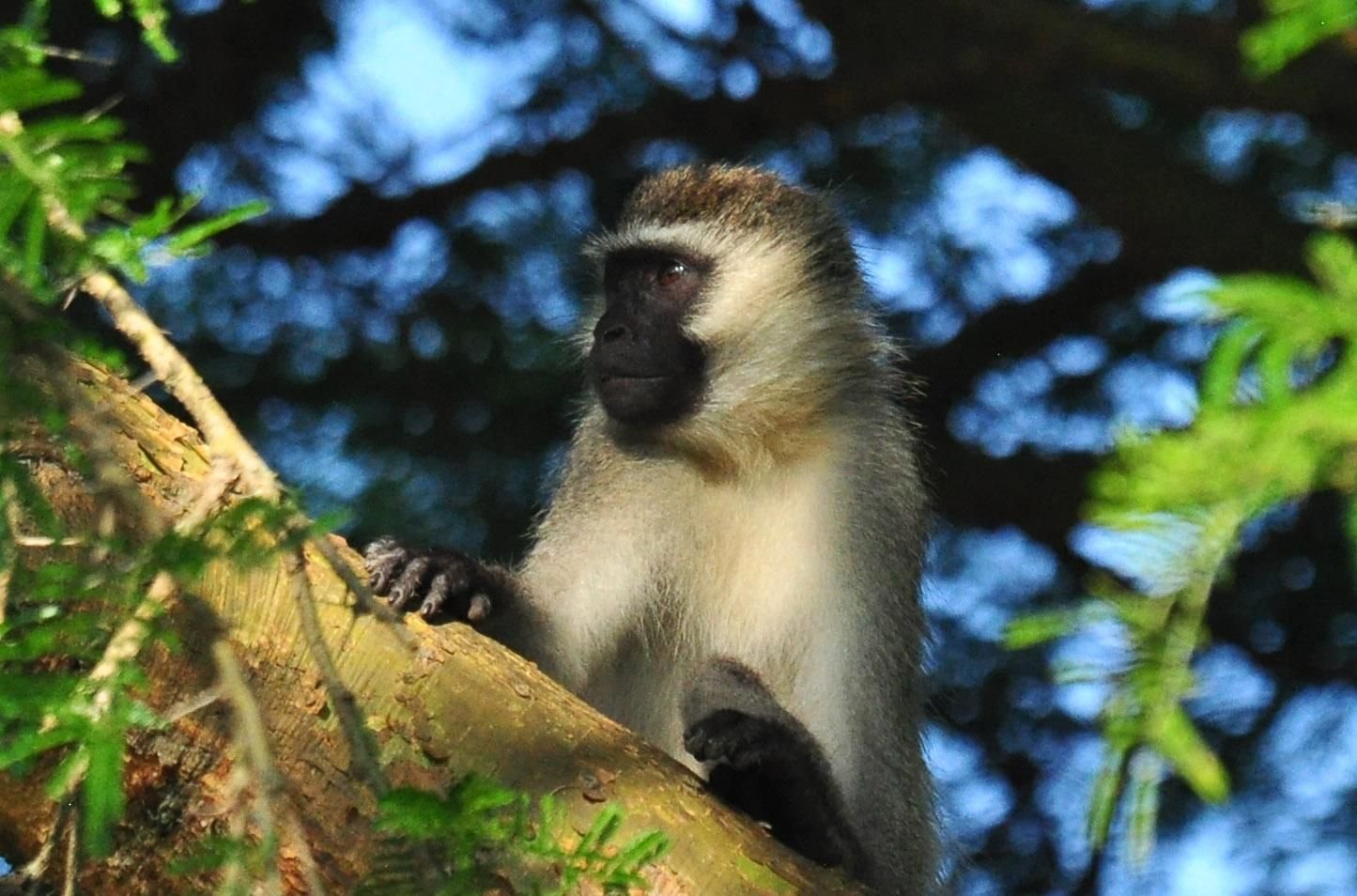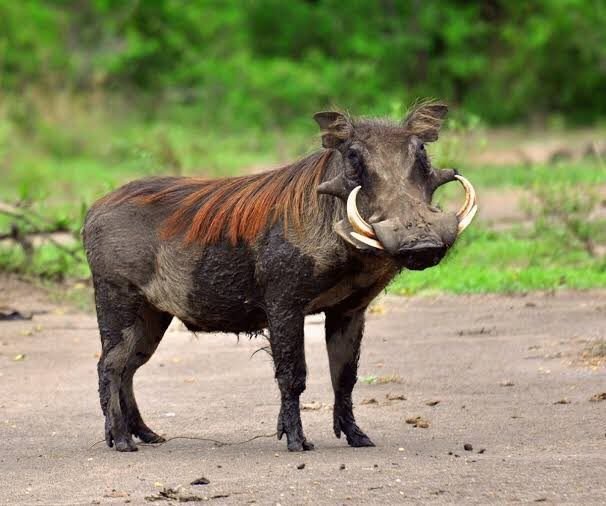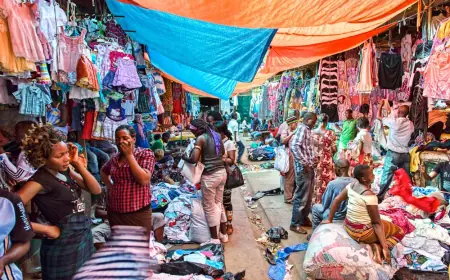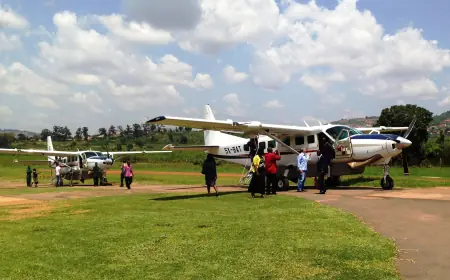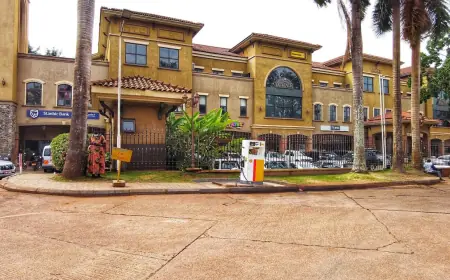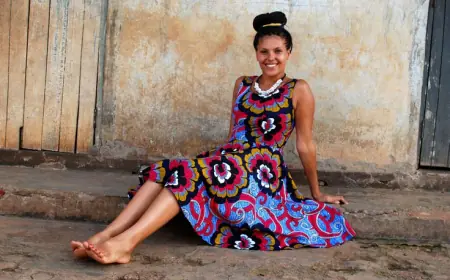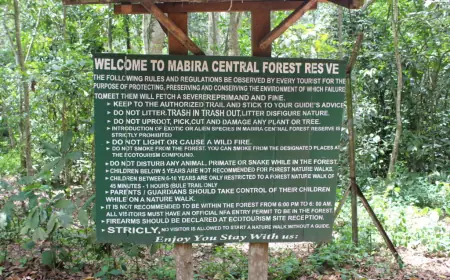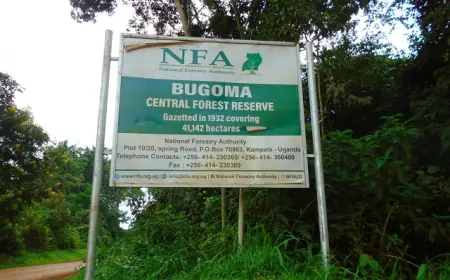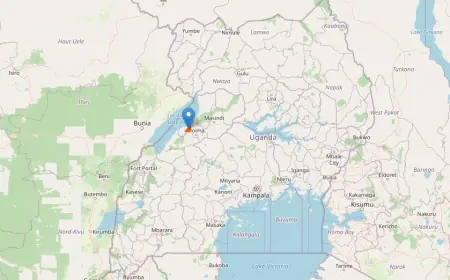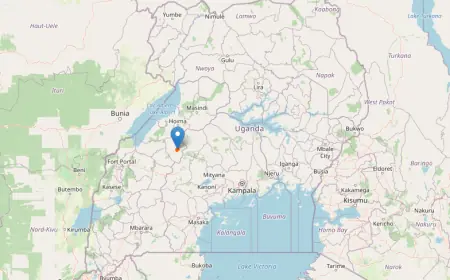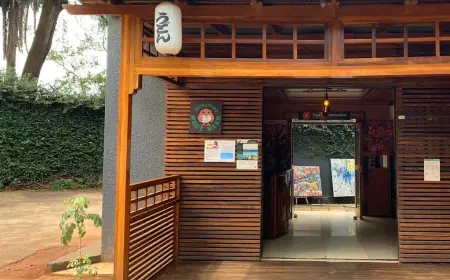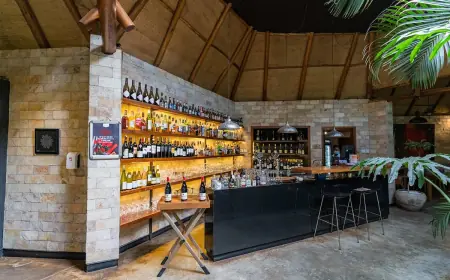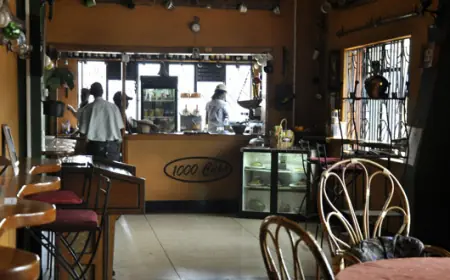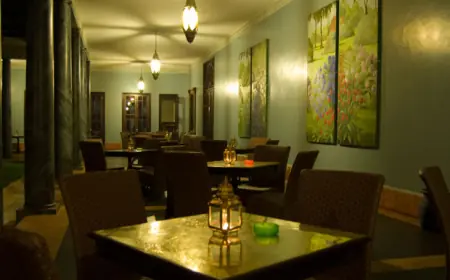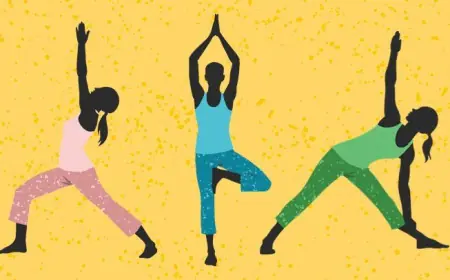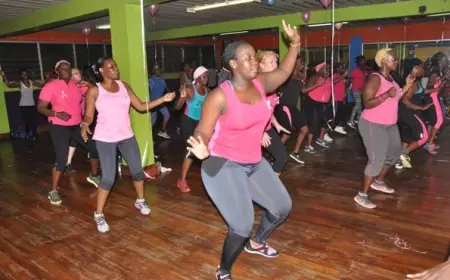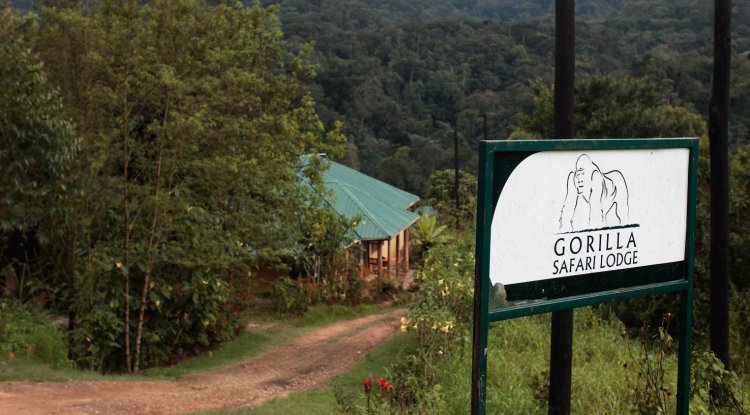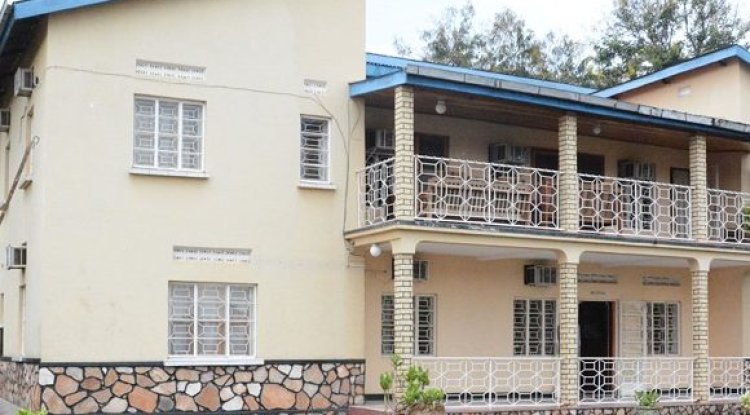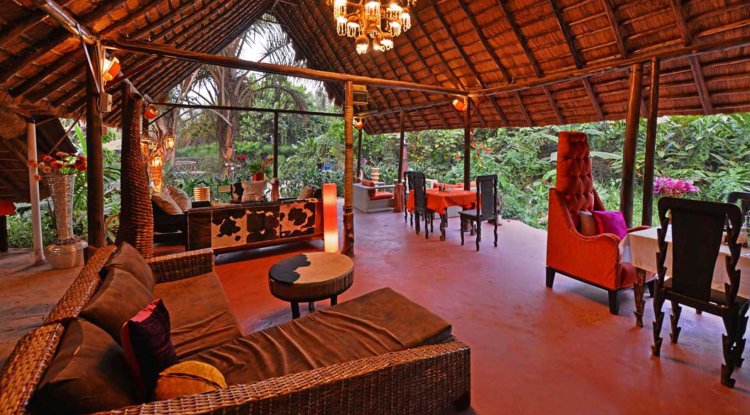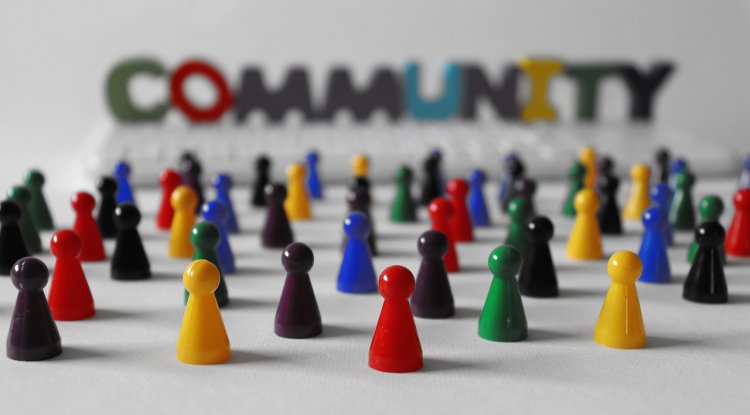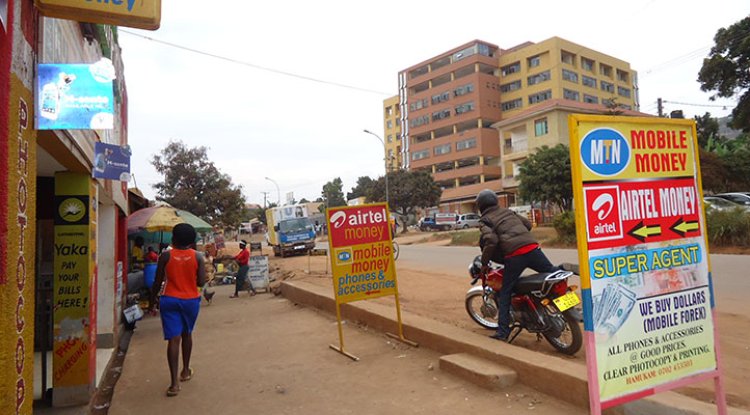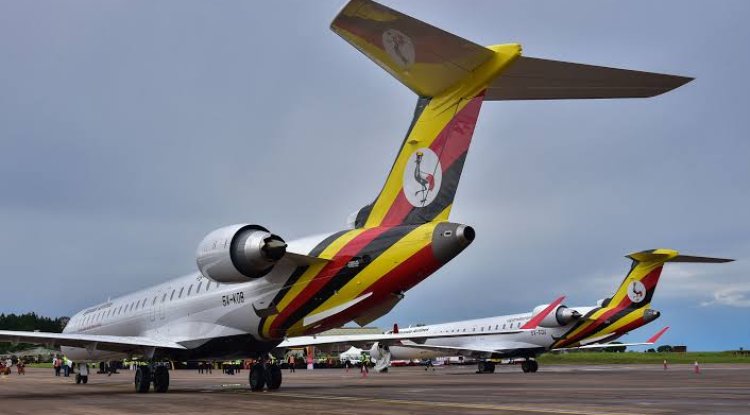What language do they speak in Uganda?
You'll need to talk to locals in order to get around, make hotel reservations, shop at the market, and hire drivers or tour guides while in Uganda. You may be wondering, "What language do they speak in Uganda?”

You'll need to talk to locals in order to get around, make hotel reservations, shop at the market, and hire drivers or tour guides while in Uganda. You may be wondering, "What language do they speak in Uganda?”
Okay, the country of Uganda is home to at least 50 distinct languages. However, try not to worry. Most Ugandans speak either English or Swahili, the two official languages, so you won't have to learn all of them.
I will talk about the different languages spoken in Uganda and how they add to the rich cultural heritage of the country.
Since the Baganda tribe lives in Kampala, Uganda's capital, and the surrounding area, Luganda is the most widely spoken local language there. However, English has been the official language of Uganda since 1962, and all students in Uganda's schools are required to learn it as part of their curriculum. Business and law are conducted in English as well. Swahili is the third most common language after Luganda and English. This language is more widely spoken in Tanzania and Kenya. Most Ugandans speak Swahili; hence, it is offered as a second language choice in public schools.
Ugandan history of English and Swahili
The English Language
Uganda became a British territory in 1894, and during that time the English language was spread throughout the country through missionary activity, schools, and the government. When Uganda got its independence in 1962, English was already spoken so often there that it was made the official language of the country.
Although local tribal languages are still spoken at home and in the classroom, English is the language of choice for formal communication in the fields of media, politics, and education.
In modern-day Uganda, speaking English is frequently a sign of affluence and sophistication.
Ugandan Swahili
Since Swahili is so widely spoken across the continent, it serves as a common language for people of all backgrounds to connect with one another. A proclamation making Swahili the official language of Uganda was made during the reign of Idi Amin Dada (1971–1979). English's position as an official language was restored after the dictator's rule ended.
It was decided in 2005 that Swahili, a language from Africa, would become Uganda's second official language. You could be forgiven for wondering, "Why pick a foreign language?" Indigenous groups would fight with each other if one of their many languages was given more importance than the others.
Consequently, Swahili is a unifying neutral language for Uganda's diverse population. The currency notes of Uganda feature both the English and Swahili languages.
Can You Tell Me What Languages People in Uganda Speak?
With over 50 languages in use, Uganda is a truly multilingual nation. Bantu, Nilotic, Central Sudanic, and Kuliak are the four primary categories into which its 43 extant languages can be classified. Forty-one are natives, while the other two are not. More specifically, two of them are critically endangered, two are almost extinct, and the other two are either in institutions or have been around for a long time. Ugandans may also communicate through sign language.
Dialect continuums are extremely widespread in all of Uganda's Bantu-speaking regions. People in the Mbarara area speak Runyankore, while those in the Tooro Kingdom's Fort Portal speak Rutooro. However, in the villages in between these two cities, the majority of the population speaks a dialect that may be described as being somewhere in the middle. Around 1990, a standardised form of these languages called "Runyakitara" was created in acknowledgement of the strong relationship between four of them (Runyankore, Rutooro, Rukiga, and Runyoro) and to facilitate work in them, such as teaching.
In the central south of Uganda, people who speak the Bantu languages Luganda and Lusoga can understand each other quite well. The Ssese Islands in Lake Victoria are home to people who speak the Lussese language.
Among the Nilotic languages spoken in Uganda are Karamojong (spoken by 370k people in eastern Uganda), Kakwa (spoken by 150k people in the far northwest), and Teso (spoken by 3.2 million people in the region south of Lake Kyoga, or 9.6 percent of the country's total population). The eastern Ugandan peoples of Acholi, Lango, Adhola, and Kuman speak a Western Nilotic Luo language called Alur. (Acholi and Lango are mutually intelligible, therefore "Luo" is often used as a catchall term for both of them.)
Pokot and the Elgon languages are spoken near Kupsabiny, and other speakers of these Southern Nilotic Kalenjin languages may be found all along the border with Kenya. The Kuliak languages, Ik and Soo, are spoken in northeastern Uganda. Northern Uganda's Lugbara, Aringa, Ma'di, and Ndo all belong to the Central Sudanic language family.
As a brief summary
English is a common language among Ugandans because it is a required part of the country's basic education curriculum. Some of the elderly and those who did not acquire English in school are the only ones you are likely to encounter who do not know the language.
What's Your Reaction?
 Like
0
Like
0
 Dislike
1
Dislike
1
 Love
0
Love
0
 Funny
0
Funny
0
 Angry
0
Angry
0
 Sad
0
Sad
0
 Wow
0
Wow
0
